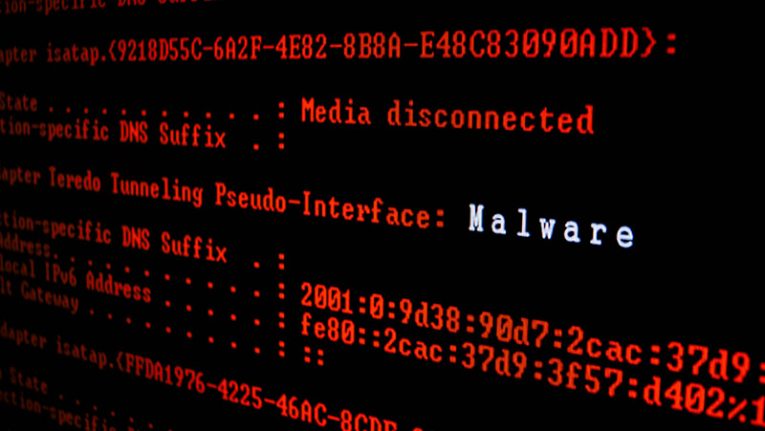RDP Stealer Goes After Remote Desktop Login Credentials

RDP stealer is a malicious software designed to target the login credentials used for Remote Desktop Protocol (RDP). The developers of this program are selling it online, and the method of distributing this malware depends on the cybercriminals using it at a given time.
This particular stealer focuses on extracting specific information, namely, the login details required for remote desktop protocols. Essentially, RDP serves as a means to connect one device to another over a network connection.
With the data collected by this malware, which includes IP addresses and RDP usernames/passwords, cybercriminals can gain remote access to the victim's computer. RDP access is frequently employed in multi-stage attacks that lead to other high-risk infections like trojans, ransomware, cryptocurrency miners, and more.
The potential threats resulting from an infection vary based on the capabilities of the malware and the objectives of the attackers. This RDP stealer could be employed in a wide range of attacks.
Typically, malware can lead to various issues such as multiple system infections, decreased system performance, data loss, severe privacy breaches, financial losses, and even identity theft.
If you suspect that your device has been compromised by the RDP stealer (or any other malware), we strongly recommend using antivirus software to conduct a thorough system scan and promptly remove all identified threats.
What is Infostealing Malware?
Infostealing malware, also known as information-stealing malware or info-stealers, is a type of malicious software designed to clandestinely collect sensitive or valuable information from a victim's computer or device. This malware is specifically crafted to exfiltrate data, such as personal, financial, or confidential information, and transmit it to the attacker's control server or repository. Infostealing malware can take various forms and may target a wide range of data, including:
Login Credentials: This is one of the most common targets. Infostealers can capture usernames and passwords for various accounts, such as email, social media, banking, and online shopping.
Personal Identifiable Information (PII): Infostealers can harvest personally identifiable information, including names, addresses, phone numbers, and Social Security numbers, which can be used for identity theft.
Financial Data: Credit card numbers, bank account details, and other financial information are prime targets for infostealing malware. This information can be exploited for fraudulent transactions and financial gain.
Emails and Messages: Some infostealers focus on intercepting and exfiltrating emails and instant messages, potentially exposing sensitive communication or business-related information.
Browser History and Cookies: Infostealers may collect browsing history, stored passwords, and browser cookies, which can reveal a user's online activity and preferences.
Cryptocurrency Wallets: Malware targeting cryptocurrency wallets can steal cryptocurrency keys or wallet data, resulting in the loss of digital assets.
Documents and Files: Infostealers can access and exfiltrate documents, spreadsheets, and other files stored on the victim's device, potentially revealing sensitive corporate data or intellectual property.
System Information: Some infostealers collect system details, such as hardware and software configurations, which can aid attackers in tailoring their attacks or finding vulnerabilities.







